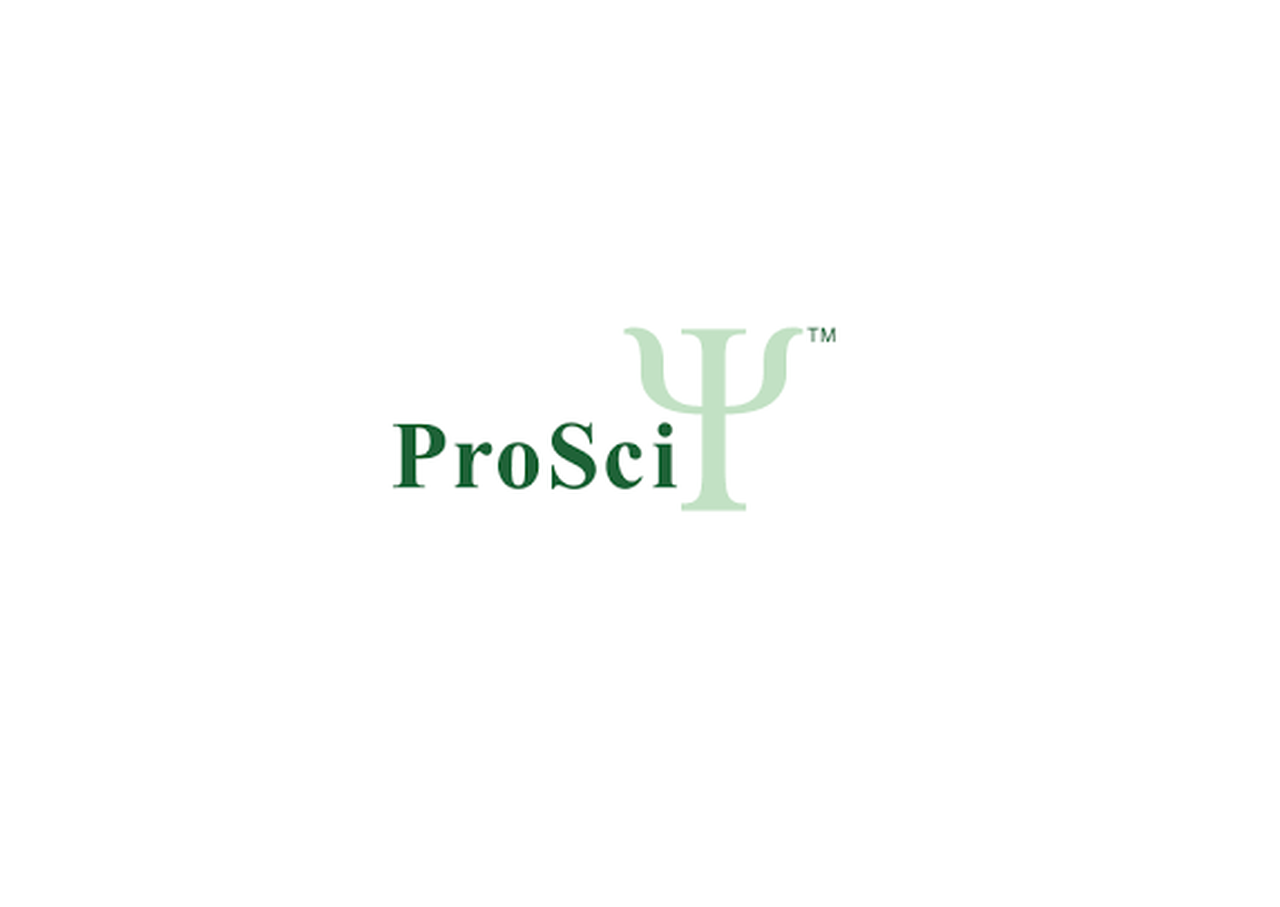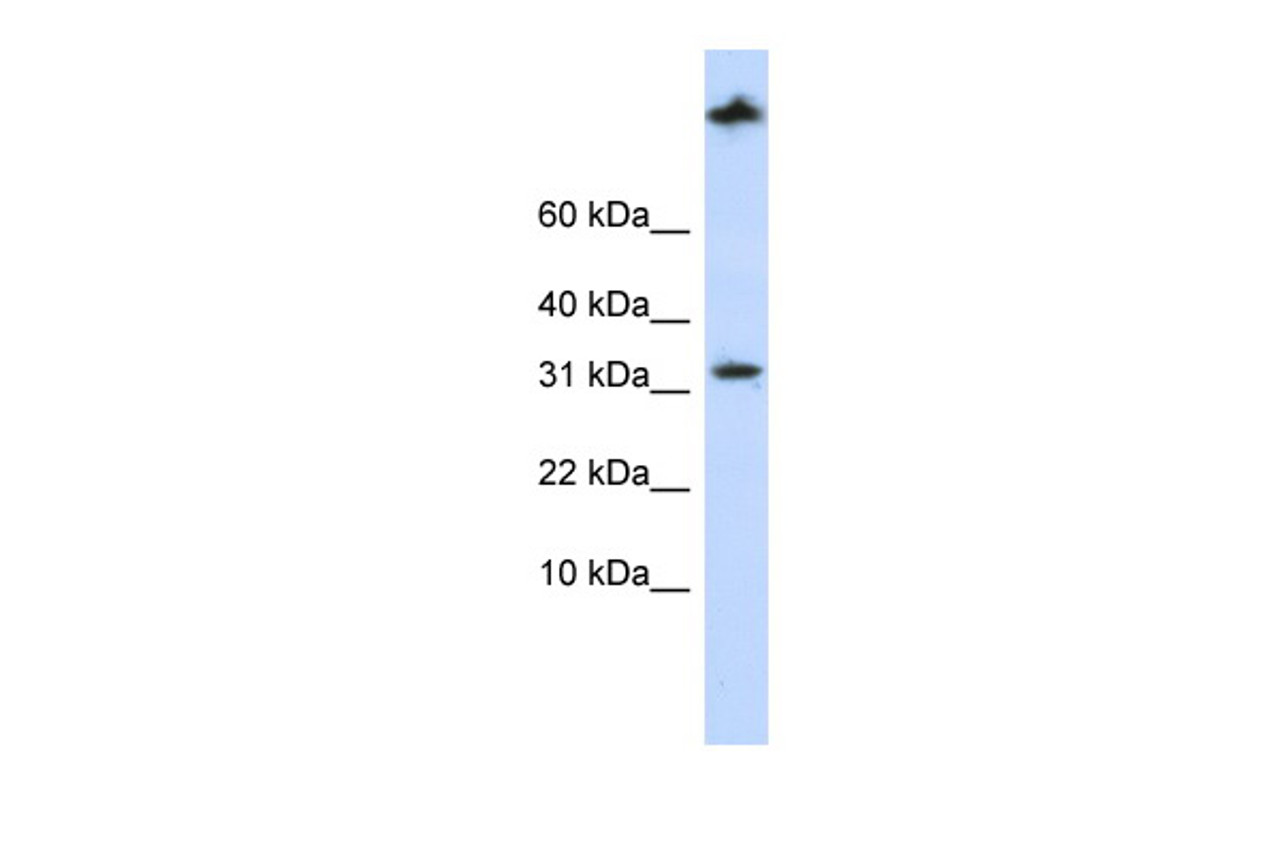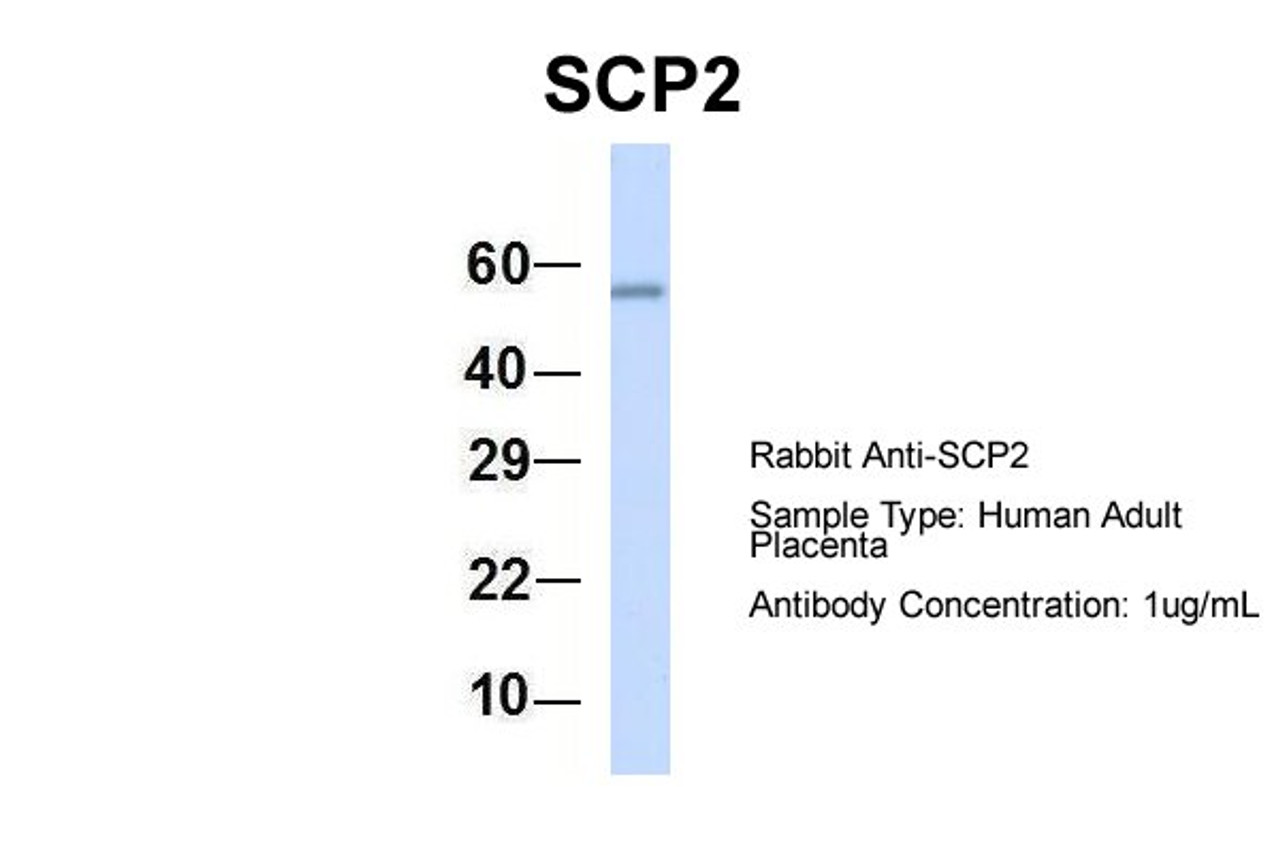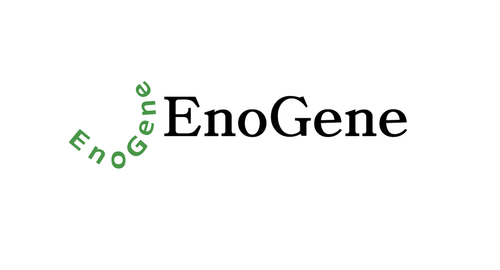Product Description
SCP2 Antibody | 27-090 | ProSci
Host: Rabbit
Reactivity: Human, Rat
Homology: N/A
Immunogen: Antibody produced in rabbits immunized with a synthetic peptide corresponding a region of human SCP2.
Research Area: Other
Tested Application: E, WB
Application: SCP2 antibody can be used for detection of SCP2 by ELISA at 1:312500. SCP2 antibody can be used for detection of SCP2 by western blot at 1 μg/mL, and HRP conjugated secondary antibody should be diluted 1:50, 000 - 100, 000.
Specificiy: N/A
Positive Control 1: Cat. No. 1219 - MCF7 Cell Lysate
Positive Control 2: N/A
Positive Control 3: N/A
Positive Control 4: N/A
Positive Control 5: N/A
Positive Control 6: N/A
Molecular Weight: 35 kDa
Validation: N/A
Isoform: N/A
Purification: Antibody is purified by peptide affinity chromatography method.
Clonality: Polyclonal
Clone: N/A
Isotype: N/A
Conjugate: Unconjugated
Physical State: Liquid
Buffer: Purified antibody supplied in 1x PBS buffer with 0.09% (w/v) sodium azide and 2% sucrose.
Concentration: batch dependent
Storage Condition: For short periods of storage (days) store at 4˚C. For longer periods of storage, store SCP2 antibody at -20˚C. As with any antibody avoid repeat freeze-thaw cycles.
Alternate Name: SCP2, DKFZp686C12188, DKFZp686D11188, NLTP, NSL-TP, SCPX, SCP-2, SCP-X, SCP-CHI
User Note: Optimal dilutions for each application to be determined by the researcher.
BACKGROUND: SCP2 protein is thought to be an intracellular lipid transfer protein. SCP2 is highly expressed in organs involved in lipid metabolism, and may play a role in Zellweger syndrome, in which cells are deficient in peroxisomes and have impaired bile acid synthesis.This gene encodes two proteins: sterol carrier protein X (SCPx) and sterol carrier protein 2 (SCP2) , as a result of transcription initiation from 2 independently regulated promoters. The transcript initiated from the proximal promoter encodes the longer SCPx protein, and the transcript initiated from the distal promoter encodes the shorter SCP2 protein, with the 2 proteins sharing a common C-terminus. Evidence suggests that the SCPx protein is a peroxisome-associated thiolase that is involved in the oxidation of branched chain fatty acids, while the SCP2 protein is thought to be an intracellular lipid transfer protein. This gene is highly expressed in organs involved in lipid metabolism, and may play a role in Zellweger syndrome, in which cells are deficient in peroxisomes and have impaired bile acid synthesis. Alternative splicing of this gene produces multiple transcript variants, some encoding different isoforms. The full-length nature of all transcript variants has not been determined.
 Euro
Euro
 USD
USD
 British Pound
British Pound
 NULL
NULL
















